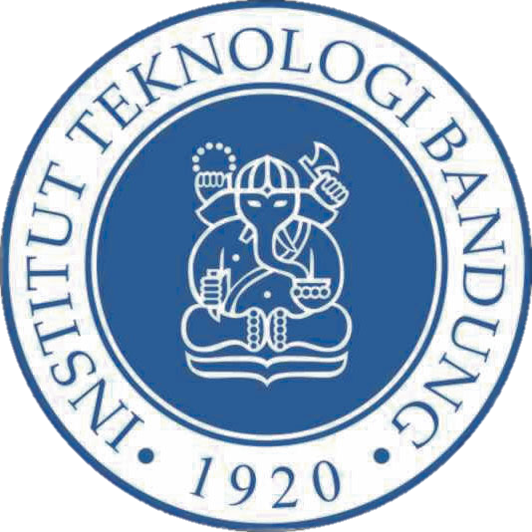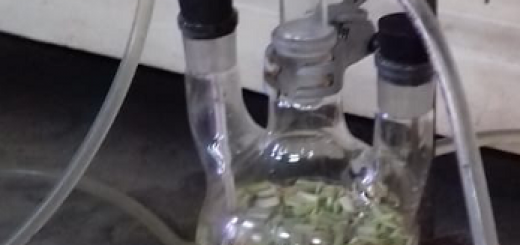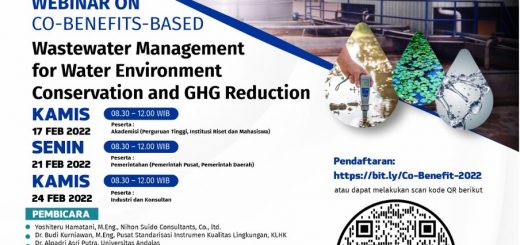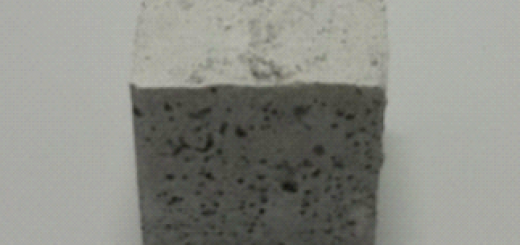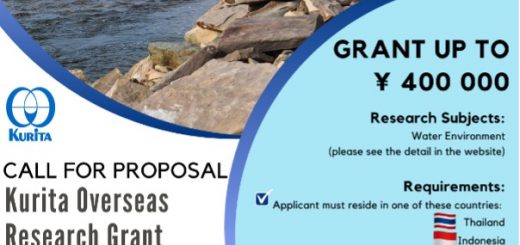Within the last several years, Indonesia has become a leading global producer of nickel ore and concentrate and led annual production of nickel globally by wide margin in 2017. Smelting process of nickle ore generates 700-800 kg of slag per ton of the processed ore. It clearly indicates that smelting process of domestic ore increases accumulation rate of nickel slag in Indonesia. This work aims to evaluate feasibility of reusing ferronickel slag to produce geopolymer mortars in an effort to alleviate problems due to nickel slag accumulation.
Nickel slag was collected from a ferronickel smelter facility. Since the slag itself could not be used to synthesize geopolymer, it was mixed with coal fly ash from the same smelter at particular mass ratio. Full factorial experiment is selected with experimental variables consisting of mass ratio of Na2SiO3 to alkali hydroxide in activator solution, heat-curing temperature, and alkali hydroxide type. The last variable, alkali hydroxide type, is not included as a factorial variable since the use of mixed alkali hydroxide is not considered. To prepare geopolymer mortar specimens, the slag and the fly ash was dry-blended in a ball mill for specific duration. The activator solution was prepared by dissolving NaOH or KOH flakes in demineralized water. Sodium silicate was mixed into the concentrated alkali solution at prescribed mass ratios. The obtained activator solution was added to the slag-ash dry blend at specified solid to liquid mass ratio. This batch was mixed into planetary mixer and cast into a plexiglass mold. The cast mortar specimens were heated at prescribed heat-curing temperature and subsequently stored in a protected area after casting. Characterization of the synthesized products consists of compressive strength measurement of the geopolymer-sand mortars and microstructural characterization by SEM method.
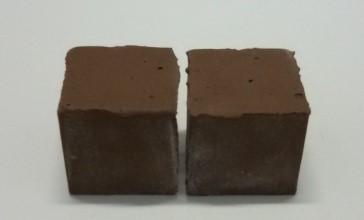
Figure 1. Example of the slag geopolymer mortar specimens
Contact Person:
Tjokorde Walmiki Samadhi, Ph.D. (twsamadhi@che.itb.ac.id)
